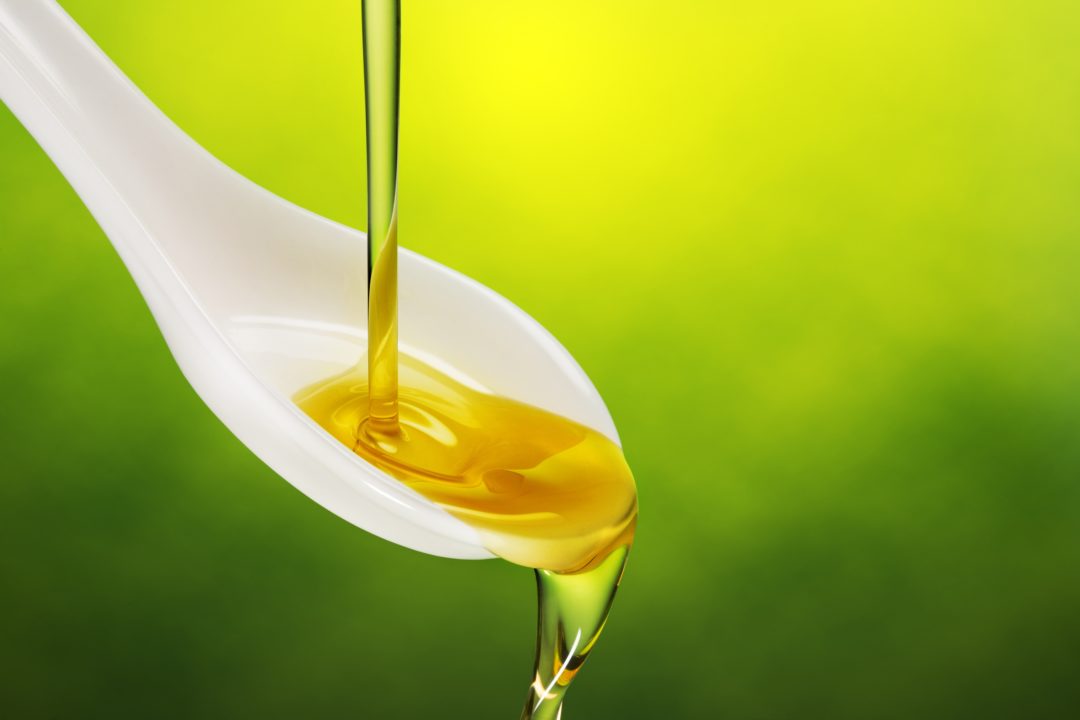
Oleic Acid Gets a Qualified Health Claim

Oleic acid is a monounsaturated fat found in olive oil, sunflower oil, canola oil, meat, cheese, eggs, and avocados, among other foods.
The FDA is allowing products to make a qualified health claim. The claim must state that the scientific evidence behind it is supportive but not conclusive, and that in order to provide any possible benefit, the oil containing the oleic acid must be replacing saturated fats, and it should not increase the total number of calories eaten in a day.
It must also state the dosage: 1.5 tablespoons of high-oleic oil per day. High oleic sunflower oil, high oleic safflower oil, high oleic canola oil, olive oil, and high oleic algal oil all have the necessary oleic oil content.
Qualified health claims are supported by credible scientific evidence, but they don’t have the significant scientific agreement required for an authorized health claim.
The health claim is in response to a petitionfiled by Corbion Biotech, Inc., which provided the scientific evidence necessary.

The editorial team at WholeFoods Magazine has decades of experiences reporting on natural products industry news, trends, and more. This national, monthly business-to-business magazine has been published continuously for nearly 40 years (the magazine was founded in 1977, and has been owned by Wainer Finest Communications since 1984). It is the longest-tenured media outlet of its kind in the natural products industry. The editorial focus at WholeFoods Magazine is, and always has been, on informing and educating members of the natural products industry.
The Magazine
Information
About Us
NOTE: WholeFoods Magazine is a business-to-business publication. Information on this site should not be considered medical advice or a way to diagnose or treat any disease or illness. Always seek the advice of a medical professional before making lifestyle changes, including taking a dietary supplement. The opinions expressed by contributors and experts quoted in articles are not necessarily those of the publisher or editors of WholeFoods.







